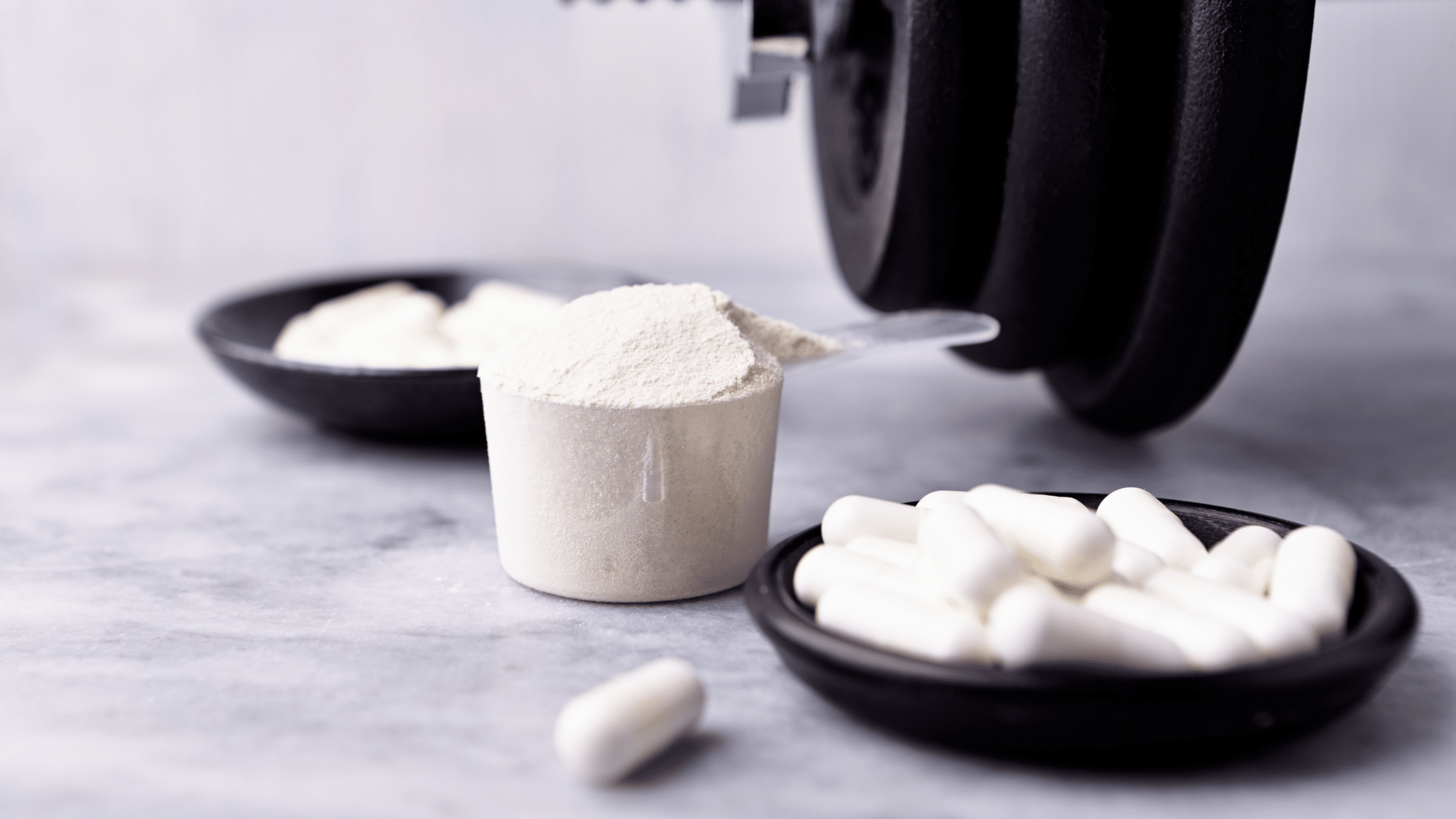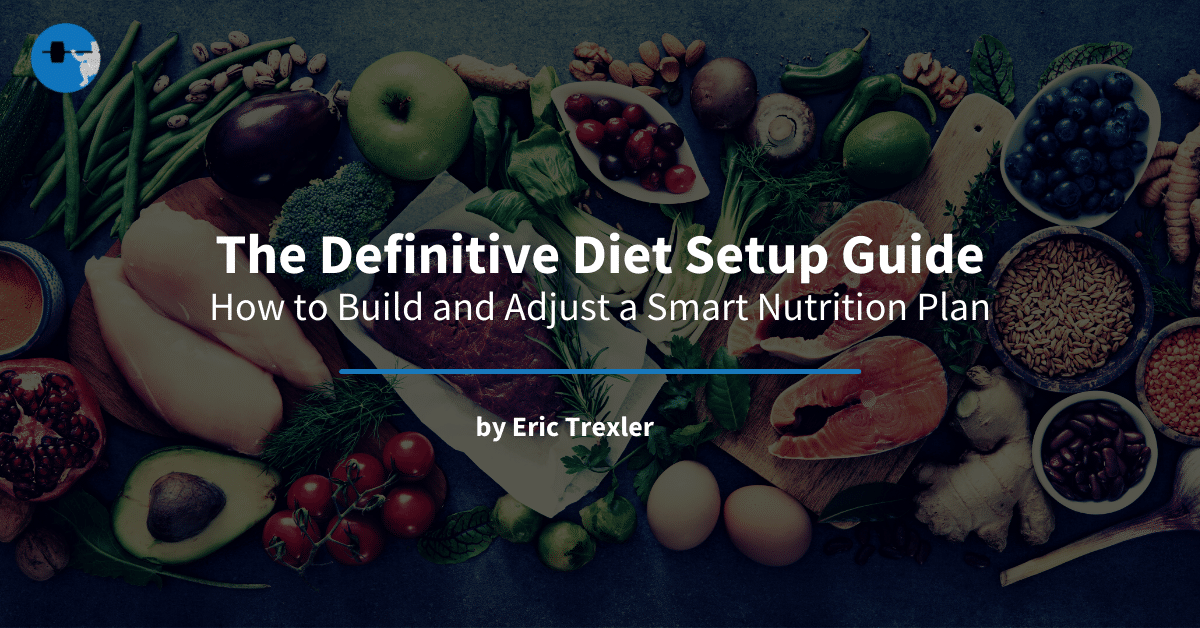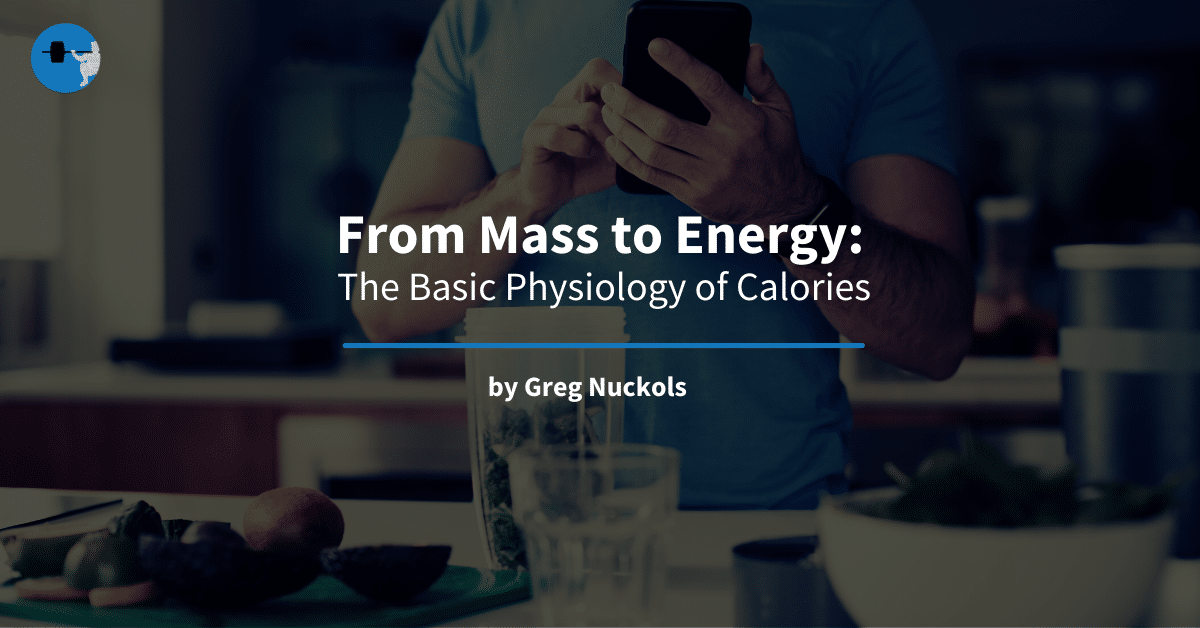
When Should You Consider Taking a New Supplement?
While most new supplements released to the market don’t pan out as effective, some do. So, if preliminary data supports the potential efficacy of a new supplement, why not try it out? The only potential downside of trying a new supplement is wasted money, right? Not so fast.










